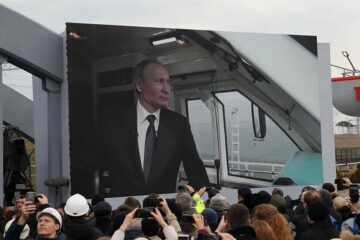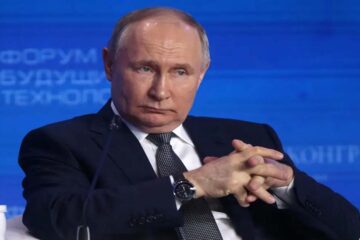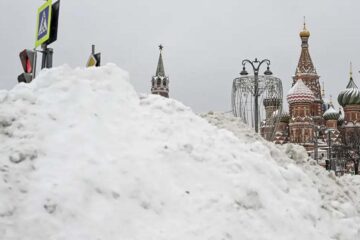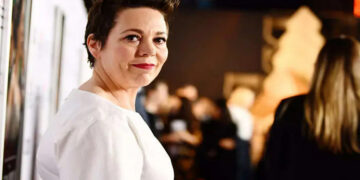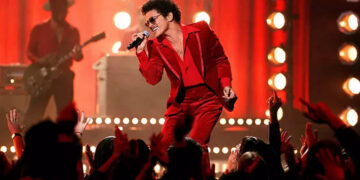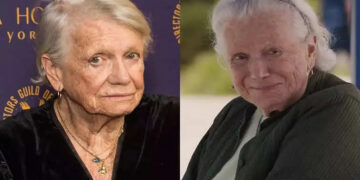Economic Historian’s Insights on Putin’s Leadership

An economic historian suggests that while Russia’s economy appears robust amid ongoing conflicts, there are uncertainties about the tolerance of the Russian people towards the situation.
Putin’s Leadership and Military Spending
Despite Western sanctions and ongoing military conflicts, Russia has allocated a significant portion of its budget to defense and security, with around 40% devoted to military spending. However, Mark Harrison, an expert in economic history, points out that even President Putin is unsure about the limits of the Russian people’s tolerance towards such expenditures.
Authoritarian Dynamics
Harrison emphasizes the challenge for authoritarian leaders like Putin in gauging public sentiment, as the population may not openly express discontent until it’s too late for the leader’s survival. This dynamic complicates the decision-making process and poses risks to Putin’s long-term leadership.
Economic Growth and Social Impact
Despite Russia’s economic growth, driven largely by war spending and subsidies, the benefits of this growth are not evenly distributed among the population. Social and developmental needs have been overshadowed by increased military expenditures, leading to concerns about the country’s long-term social and economic well-being.
Critiques of Militarized Economy
Former Russian central bank official Alexandra Prokopenko warns against the militarization of the economy, highlighting the potential negative consequences for social and developmental programs. The prioritization of military spending over social welfare threatens to exacerbate existing social challenges within Russia.
Economic Challenges and Labor Issues
Russia is also grappling with a labor shortage and significant emigration due to the ongoing conflicts. These factors, combined with the militarization of the economy, further strain the country’s economic and social fabric.
Parallels with Soviet Era
Some experts draw parallels between Russia’s current economic trajectory and that of the Soviet Union. The increasing militarization of the economy and centralization of power under Putin’s leadership raise concerns about the country’s direction.
Putin’s Political Future
Despite economic and social challenges, Putin remains a dominant figure in Russian politics. He is expected to secure a fifth presidential term in the upcoming March election, facing minimal opposition.
As Russia navigates these complex economic and political dynamics, the long-term implications of its militarized economy and authoritarian leadership remain uncertain.

